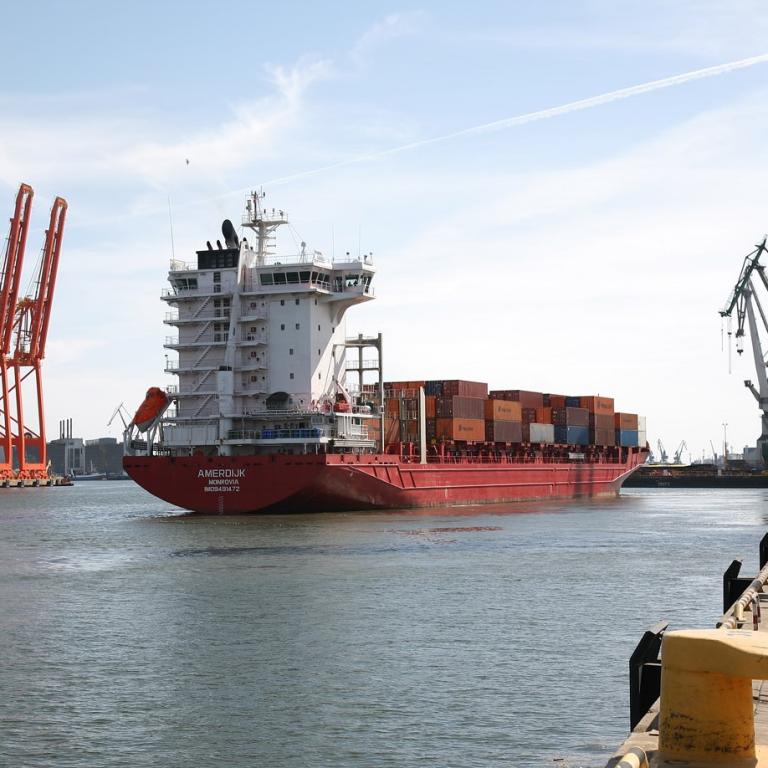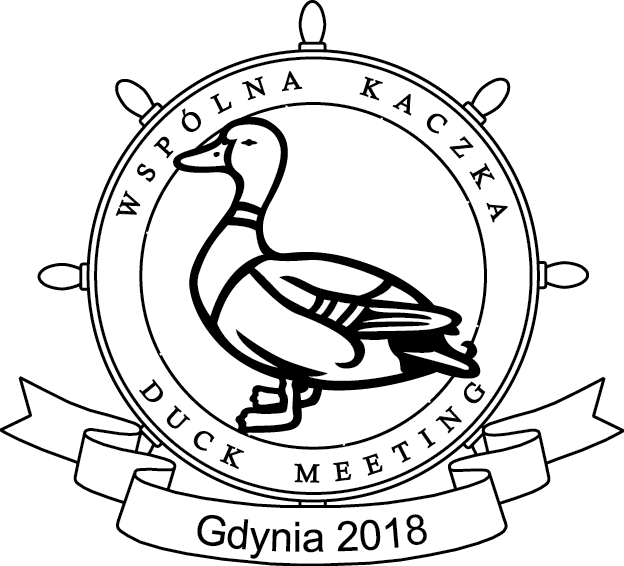
2016-10-10
“Blue Growth” on the Baltic Sea
The European maritime economy generates 5.4 million jobs and gross value added of nearly EUR 500 billion per annum. According to the European Commission, further development is possible in a number of areas forming a part of it. Hence the idea of creating a long-term strategy for support of sustainable growth in the entire maritime sector, referred to as “Blue Growth”.
This document pays attention to the fact that seas and oceans form a driving force of the European economy and have a large potential in the field of innovation and development. It helps to implement the objectives of the “Europe 2020” strategy within an integrated maritime policy of the European Union for smart, durable economic growth which creates favorable conditions for social inclusion.
The “Blue Growth” strategy consists of three parts referring to: integrated maritime policy (knowledge about sea, maritime spatial planning, integrated maritime surveillance), strategy for specific sea basins (including the Baltic Sea) and concentration on some fields of the maritime economy (aquaculture, sea tourism, sea bio-technology, ocean energy, extraction from the sea-bed).
The strategy for development in the region of the Baltic Sea, within the “Blue Growth”, is to consider ensuring appropriate resources for the promotion of sustainable growth taking account of local, climatic, oceanographic, economic, cultural and social factors. The program aims at stimulating innovations, raising skills and qualifications as well as developing clusters, benefiting from the existing structures of cooperation and inter-sectoral dialogue and facilitating access to financing for sea projects.
The calculations of the European Commission show that the maritime sector in the region of the Baltic Sea ensures employment for approx. 360 thousand people and generates gross value added of EUR 16.6 billion. Maritime tourism, fishery and fish processing, short sea shipping, shipbuilding industry and ferry shipping are of the greatest importance. Whereas, in Poland, it is fishery and fish processing, shipbuilding industry and maritime tourism.
Brussels supports the implementation of the program by creating a platform federating interested parties and organizing different workshops and conferences concerning the “Blue Growth” and the possibilities of financing projects connected with the maritime sector in the region of the Baltic Sea.
“The Pomorze Region tries to engage interested parties in the issues of the “Blue Growth” as much as possible, because we are convinced of the fact that the Baltic Sea has large potential in the range of innovations,” said Anna Drążek, director of the Regional Office of the Pomorze Region in Brussels.
Subject-matter of the “Blue Growth” will be discussed during the “Maritime Industries” panel at the Maritime Economy Forum Gdynia 2016.
photography. Tadeusz Urbaniak/ZMPG-a S.A


